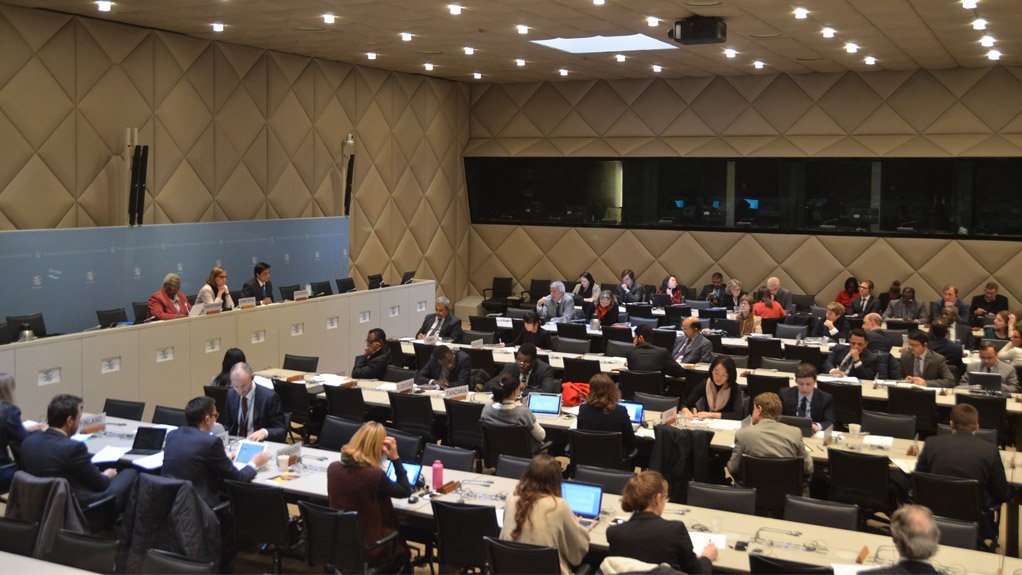A multidonor programme that helps developing countries become more active in global trade – the Enhanced Integrated Framework (EIF) – will have its mandate extended into a new phase, the World Trade Organisation (WTO) has announced.
The EIF was currently assisting 50 of the poorest countries worldwide and the WTO, which hosted the framework’s executive secretariat, was one of six partner agencies of the programme, alongside the International Monetary Fund, the International Trade Centre, the United Nations Conference on Trade and Development, the United Nations Development Programme and the World Bank Group.
The decision to extend the mandate of the programme into a second phase from 2016 was made by the EIF steering committee, which represented least-developed countries (LDCs), the donor community and EIF partner agencies.
The first phase of the programme would end in December this year.
At a meeting on December 18, the committee further urged the EIF to build on the achievements of the first phase, while addressing the need for reforms in key areas to improve the efficiency, effectiveness and sustainability of the programme.
Addressing the committee at the December meeting, WTO director general Roberto Azevêdo described trade as an effective tool for economic growth and poverty reduction, given the right conditions.
“The EIF was established precisely to help LDCs create those conditions and the programme is making a difference on the ground through increased private sector development and employment in some of the poorest countries.
“There is no other programme that supports LDCs to address all aspects of their trade capacity in this way – and that puts the LDCs themselves in the driver's seat,” he commented.
Azevêdo noted that the programme, despite its successes, had encountered certain challenges, adding that there were still “varied levels of results” in different countries.
An evaluation of the initiative had highlighted that the objective of additional resource mobilisation at the country level had been especially challenging and had further identified governance- and efficiency-related issues that needed to be dealt with.
“For the programme to remain relevant, the evaluation proposed new issues for inclusion, such as regional integration, the role of the private sector and proper insertion into global value chains.
“We are all responsible for improving the EIF's effectiveness and making LDCs more active players in the multilateral trading system,” he asserted.
EMAIL THIS ARTICLE SAVE THIS ARTICLE
To subscribe email subscriptions@creamermedia.co.za or click here
To advertise email advertising@creamermedia.co.za or click here











